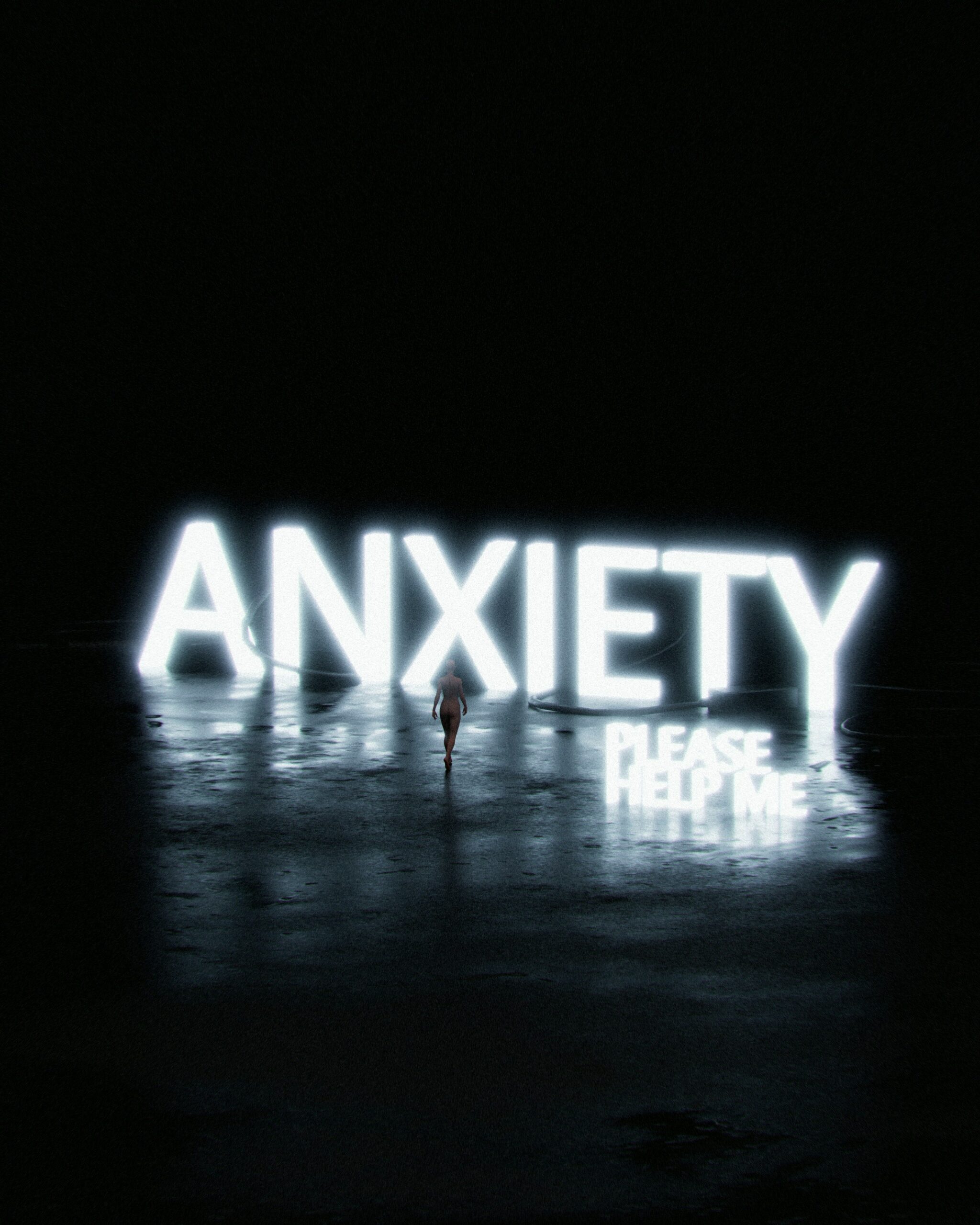Discover Freedom from Self-Criticism
Transform Your Relationship with Anxiety
Guest blog written by Tessa Gates, Mindful Path Counselling
Hosted by Becky Stone, Counsellor Who Cares
We don’t talk enough about how anxiety drives the need to earn rest, worth, or food.
For so many people living with high-functioning anxiety, there’s a quiet but constant pressure to keep improving. To be calmer. Lighter. Healthier. More in control. Less emotional. More “together.”
And underneath it all?
A whisper that says:
“Who you are right now still isn’t enough.”
In this blog, I explore how anxiety often turns self-improvement into self-criticism – especially when it’s tied to things like eating habits, routines, or how you feel in your body.
We’ll look at how your inner critic tries to keep you safe, why it can feel impossible to relax, and how therapy can help you shift these patterns gently – without needing to fix yourself first.
Anxiety's Urgent Whisper
The Drive to Fix and Control
Understanding the Inner Critic
When Self-Improvement Becomes a Form of Self-Criticism
Anxiety doesn’t always look like panic. It often shows up as urgency – a drive to fix, optimise, or control. And that drive can easily attach itself to food, movement, appearance, or structure.
You start something new – maybe a meal plan, a new routine, a commitment to “be better” – with the hope it’ll bring relief. But when you can’t follow through perfectly (because you’re human), the voice comes in:
“You’ve failed again. You never stick to anything.”
That’s not a personal flaw. That’s your nervous system trying to protect you – by criticising you into safety.
A Moment You Might Know
Maybe you’ve had a moment like this:
You eat something “off-plan” – not even that much, just not what you’d meant to. And suddenly you feel tight in your chest. Your thoughts speed up. You tell yourself you’ll do better tomorrow. You Google something, plan a stricter routine, maybe punish yourself by skipping the next meal or overcompensating in other ways.
On the outside, it looks like self-discipline.
But inside, it’s fear.
It’s shame.
It’s a body and mind trying to feel safe – by being good, or in control, or perfect.
What the Inner Critic Is Really Trying to Do
That relentless voice in your head isn’t just cruel, it’s protective.
Anxiety doesn’t like uncertainty. It believes that if you just do things right enough, you’ll finally feel calm.
But here’s the trap: perfection doesn’t lead to peace. It leads to burnout, guilt, overthinking, and a nervous system that never gets to rest.
You might tell others, “I’m just hard on myself,” but deep down there’s often a quiet belief:
Unless I’m improving, I’m failing.
How Anxiety Disconnects You From Your Body
This cycle doesn’t just stay in your mind. It shows up physically too:
When anxiety is running the show, the body becomes something to manage, not something you feel at home in.
Embracing Self-Compassion
Where Therapy Can Help
Sometimes it’s not the goals themselves that exhaust you – it’s the way your nervous system relates to them. That’s the work we do in therapy.
Together, we can:
You don’t need to have a diagnosis or be in crisis to benefit. Therapy for anxiety can offer the kind of space where you stop managing yourself like a project – and start meeting yourself with understanding.
Tessa Gates
I’m Tessa, I help guide anxious overthinkers to stop spiralling, make choices without fear taking over, and finally get out of survival mode for good, through modern, evidence-based therapy that meets you in the here and now, as you are.
You can learn more about how I work at 👉mindfulpathcounselling.co.uk
You Don’t Need to Be More Healed to Be Kind to Yourself
You don’t need to be more consistent, more controlled, or more emotionally tidy to deserve compassion.
You’re not failing. You’re coping – in the best way your nervous system knows how.
And when that system is finally allowed to soften?
You’ll discover that steadiness doesn’t come from doing everything right.
It comes from being on your own side.







